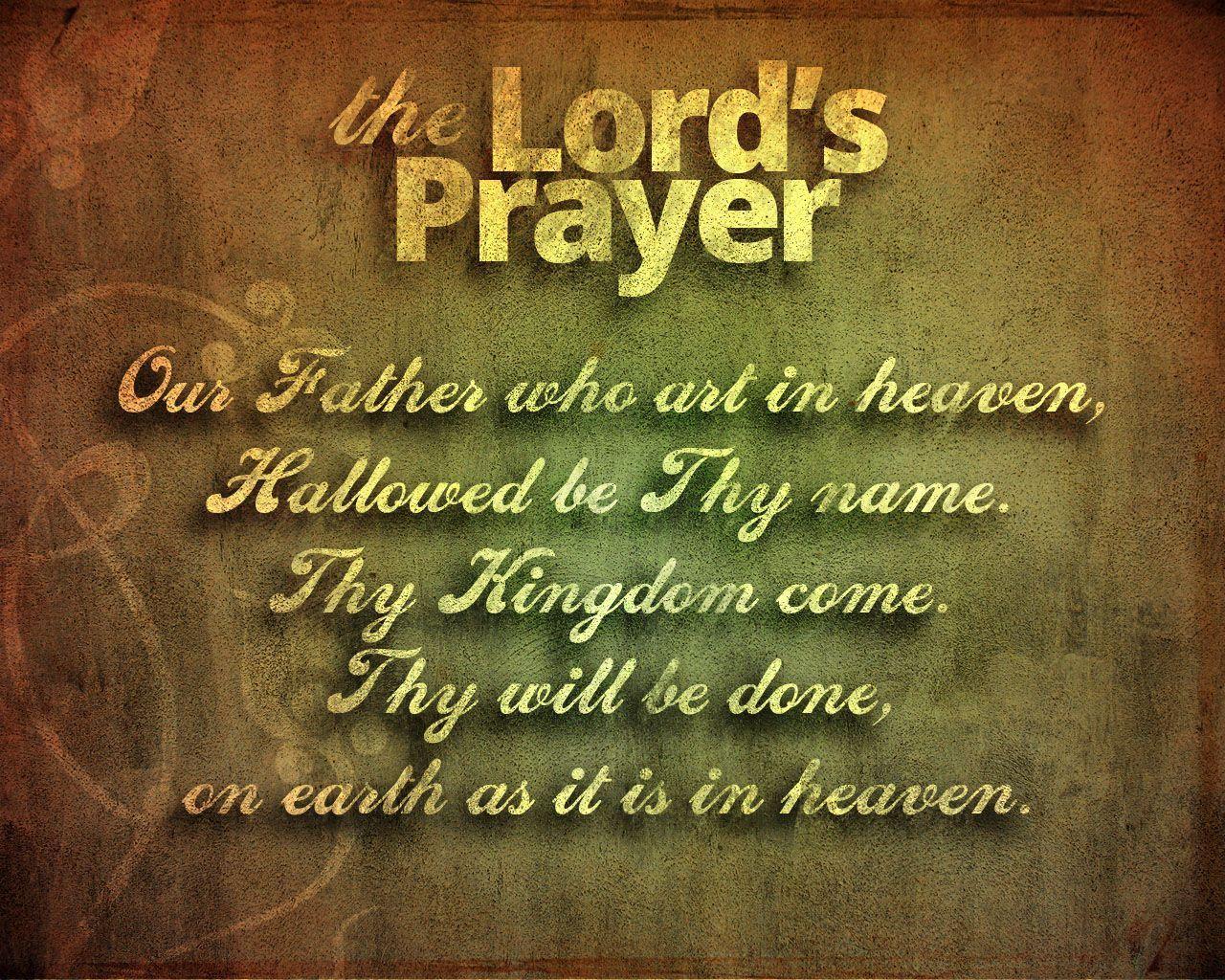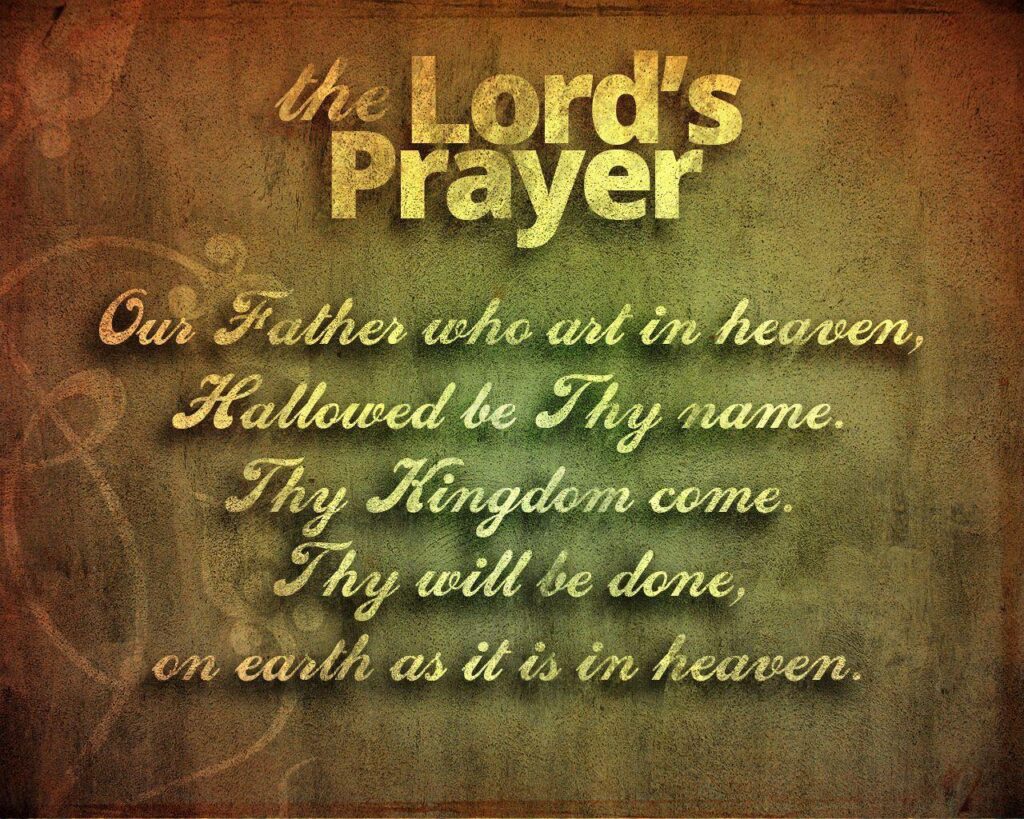Physical Address
304 North Cardinal St.
Dorchester Center, MA 02124
Physical Address
304 North Cardinal St.
Dorchester Center, MA 02124
With Michael Walker
With Michael Walker

A message to Believers….

How To Pray From The Position Of God:
In the beginning, prayer appeared as performance. In the Old Testament, the people of God cried out from the earth to the heavens, pleading through layers of ritual, distance, and unworthiness. Their posture was low, their tone dramatic, and their speech poetic—not because God required theatrical flair, but because He seemed far. When someone is far away, you shout. You stress your point. You project your desperation. This was the nature of prayer to the uninitiated: a spiritual performance aimed at a holy God they could not yet access.
But then the veil tore. When Christ died on the cross, the separation between man and God was violently, graciously, permanently removed (Matthew 27:51). The system of prayer changed. Access was granted. The Father was no longer enthroned in distance—He became enthroned in us. The God who once spoke from a mountain now whispers from within. The Holy Spirit is not near us; He is in us. The Kingdom of God is within you (Luke 17:21). This changes everything.
Who We Are When We Pray:
When we are in Christ and Christ is in us, we are no longer just people trying to reach God. We become new creations (2 Corinthians 5:17), born not of flesh, but of spirit (John 3:6). This new creation has new properties. It operates by a new code. We have been granted divine access—upgrades, if you will. Discernment. Revelation. Wisdom. A hard link to the source.
And the source is not abstract. The Father is Spirit (John 4:24), the Son is the Word (John 1:1), and the Holy Spirit is the breath of life (Genesis 2:7). These are not symbolic metaphors—they are the divine structure of all creation. The Father is the Spirit who initiates creation. The Son is the literal voice, the vibration, the word that carries the command. The Holy Spirit is the breath that carries the word into manifestation.
We are made in this same image—tripartite in nature: spirit, soul, and body (1 Thessalonians 5:23). We are not carbon copies, but echoes—physical projections of the original essence. As Christ is, so also are we in this world (1 John 4:17). This is not a future promise—it is a present identity. When we pray from our new creation, with the Holy Spirit living in us, we do not pray to God as distant. We pray from God. We speak with the voice of Christ and breathe with the breath of God. This is the operating system of the divine network. Heaven’s code now flows through us.
How We Pray:
Jesus did not leave us without a structure. He gave us a model—not a script, but a template:
“Pray, then, in this way: ‘Our Father, who is in heaven, Hallowed be Your name. Your kingdom come. Your will be done, On earth as it is in heaven. Give us this day our daily bread. And forgive us our debts, as we also have forgiven our debtors. And do not lead us into temptation, but deliver us from evil.'” (Matthew 6:9–13, NASB)
This prayer is not about formula—it’s about posture. We begin by addressing God as Father. Not just Lord. Not just King. But Father. That implies relationship. That implies proximity. That implies love. We do not beg like slaves; we approach like sons (Romans 8:15). We do not shout like beggars; we speak like those who already know they are heard (1 John 5:14).
And here lies the key: we are not praying to a far-off God—we are talking to our Father. Just like we would speak to an earthly father we love, trust, and walk with. This is the language of relationship, not religion. The legal terminology is Lord, God, and prayer. But the relational terminology is Father, Son, and conversation. We don’t have to perform. We don’t have to project. We don’t have to pretend. We simply talk. That is the intimacy God wants. That is the bond He created us for.
Where We Pray From:
We must understand the position we pray from. When Jesus said, “Whatever you ask in My name, this I will do” (John 14:13), He wasn’t giving us a magical phrase to tack onto our prayers. He was granting us access to His position. To pray in the name of Jesus is to pray from His place—at the right hand of the Father (Colossians 3:1). We are seated with Him in heavenly places (Ephesians 2:6). When we pray, we are not reaching up—we are speaking from above.
We have proximity on two fronts: our spirit, reborn, is seated in Christ in heaven. But the Spirit of God is also indwelling us here on earth. The Father is in heaven, but His breath, His voice, and His word are alive in us. We are both connected to the throne and housing the throne within us.
Why We Pray:
Prayer is no longer an attempt to get God’s attention. It is now a manifestation of our alignment with Him. We pray because the Word and the Breath are in us. We pray because we are one spirit with the Lord (1 Corinthians 6:17). We do not pray to force the will of God—we pray to release it. His will is already perfect. Our prayers are participation in the unfolding of that will.
We do not pray hoping to be heard—we pray because we are heard. We speak with boldness, not because of our worth, but because of our position. And when we pray in this way, we speak not as orphans but as sons. Not as imitators but as echoes. Not as beggars but as co-heirs (Romans 8:17).
What Empowers Us To Pray:
The breath of the Holy Spirit empowers us. The Word of Christ gives us vocabulary. The Spirit of the Father gives us sonship. This is what empowers true prayer—not emotion, not eloquence, not volume. Whispered in the Spirit is louder than shouted in the flesh. And when the Spirit prays through us, even groanings too deep for words are understood and translated before the throne (Romans 8:26).
Because of this, our prayers are not wishes. They are blueprints. They are execution commands. They are declarations spoken from the source code, with the name of Christ as our position, by the breath of God as our power, in alignment with the will of the Father who wrote eternity.
And when this alignment is active, the heavens respond. Because creation knows that when sons of God speak from the Father, in the name of the Son, by the breath of the Spirit, it is not just a human asking—it is the image of God echoing the Creator.
Conclusion:
You are not just talking to God—you are talking with God. You are not projecting your prayers to the sky—you are speaking from the network of divine proximity. The breath you use is not your own. The voice you use is His Word. The position you pray from is not the floor—it is the right hand of the Father. And the authority you walk in is not presumed—it is inherited.
So pray. Speak. Declare. Whisper. Converse. Ask boldly. Intercede confidently. You don’t have to make yourself believe that God hears you. He’s been inside you the whole time. The same breath that created the universe now breathes through your words. And when you speak in His name, as His echo, all creation must respond: because you pray as one who belongs, one who is loved, and one who is seated with the King.
This is how we pray. This is where we pray. This is why we pray. And this is who we are when we do